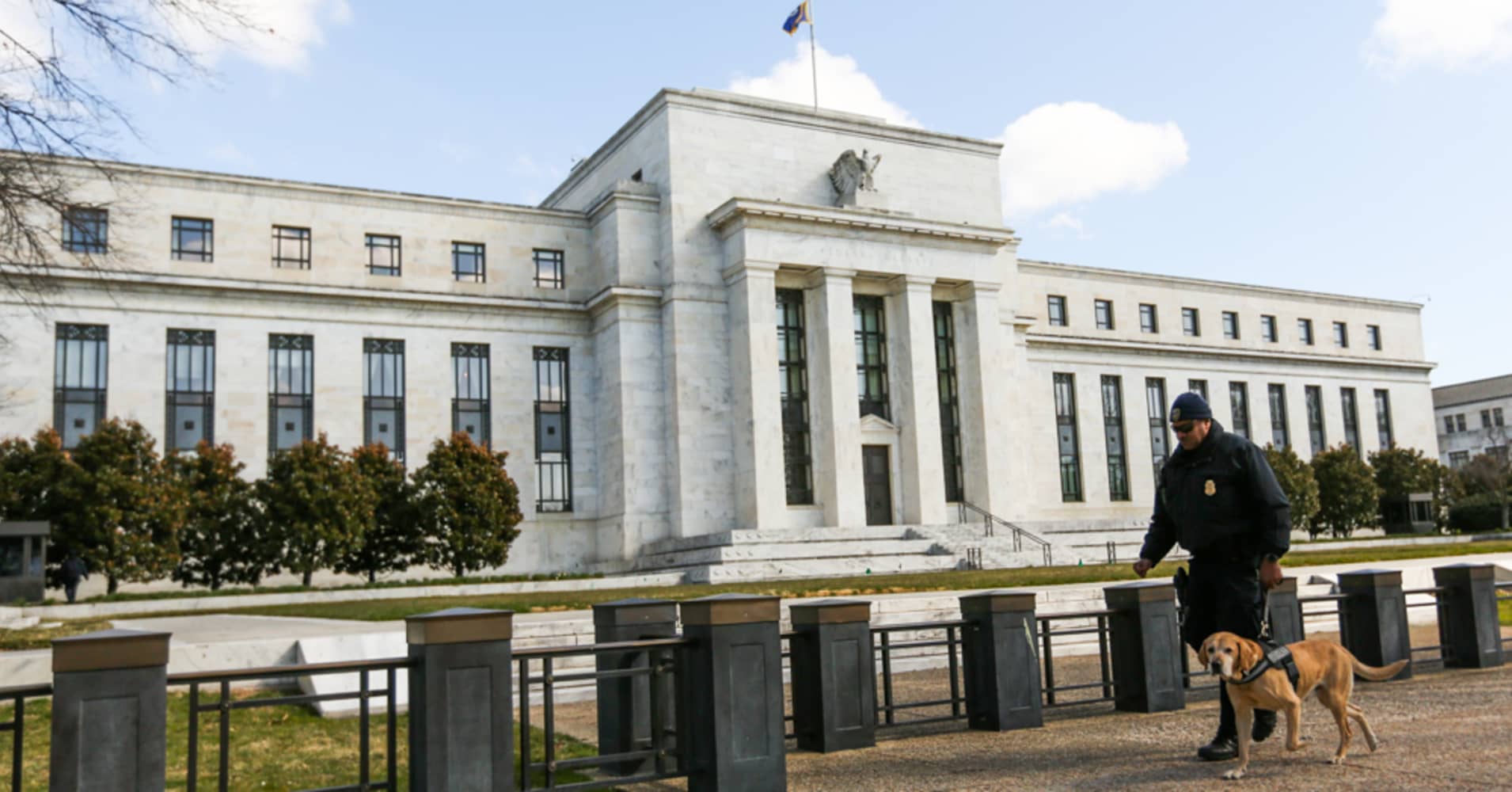
And the Fed bashing continues. It's a no-win situation for the Federal Reserve these days, as academics criticize the central bank for bringing all manner of ills to bear on the domestic, and even the global, economy.
A new University of Chicago paper, recently cited by the website Zero Hedge, suggests that former Fed Chairman Ben Bernanke's unconventional monetary policies were among the most damaging ever implemented on the global stage.
It blamed the Fed's policies for the rise of new business monopolies, lower productivity and possibly even lower wage gains than would have otherwise helped rank and file workers.
Much of this is hogwash. Anyone who experienced and understood the severity of the 2008 financial crisis, and the deflation and recession that accompanied it, understands that the Fed kept the banking system from collapsing and the U.S., and maybe even the global, economy from cascading into another Great Depression.
Criticism of the Fed is nothing new. But, of late, the Fed is being blamed for all the economy's ills, which fails to take into account the multiplicity of variables that affect growth: wages, inflation, income inequality, monopoly power and pricing.
Certainly the Fed can be blamed for lax oversight of banking behavior leading up the financial crisis.
The Fed allowed banks to lever their balance sheets in ways never seen in modern history. It, along with the U.S. Treasury and Comptroller of the Currency, allowed derivatives to explode in number and size, allowed lending standards to drop to dangerous levels and failed to recognize the toxic nature of certain products like collateralized debt obligations that helped create and worsen the real estate bubble and resultant credit crisis.
But the level of interest rates is only one variable that affects the economy, even though it's the main focus of critics. Some proponents of so-called "modern monetary theory" (MMT) would use tax rates to control growth and inflation, an as-yet untried experiment in the economic policy arsenal. (More on that in another column).
The Fed today is being criticized for pausing its rate-hike cycle amid claims, once again, that it is favoring the wealthy by punishing savers with relatively low interest rates.
But the Fed has legitimate reasons for pausing, and, no, it's not just because the stock market dropped from October through Christmas Eve. The global economy is slowing, appreciably, amid headwinds that are both man-made and the natural result of a normal, aging business cycle.
Global markets had been under pressure in the fourth quarter of 2018. Hard economic numbers softened from Beijing to Berlin and from Rome to Rio.
Credit spreads widened as global interest rates plunged. Some $11 trillion in sovereign debt now sports negative rates, not a sign of confidence in a growing global economy.
In its upcoming, semi-annual testimony before Congress, the Fed will get grilled again. Did it bow to political pressure and simply stop raising rates because President Trump demanded it?
The timing of the Fed's decision appears, to me, to be purely coincidental. The Fed had good reason to heed the message the markets were sending.
It may be contemplating altering its policies to let the economy run hot and inflation move above its 2 percent target. That, in my estimation, would be a mistake. The Fed should remain on course, ignore its critics and maintain its goals of maximum employment and price stability.
Other issues should be taken up by policymakers, who have more control over trade, labor and business practices that may have more to do with the average worker than whether rates are at 3 percent or 5 percent.
from Top News & Analysis https://ift.tt/2H2HnJ6via IFTTT
No comments:
Post a Comment